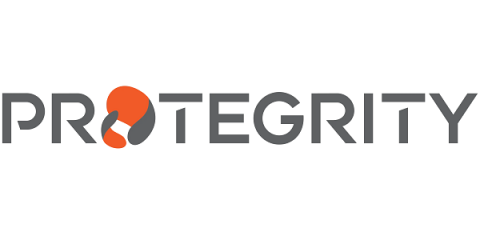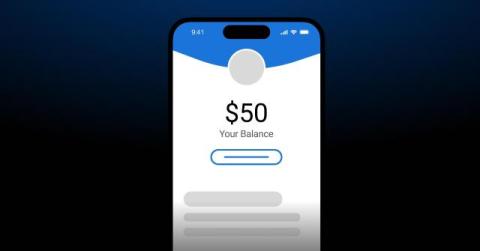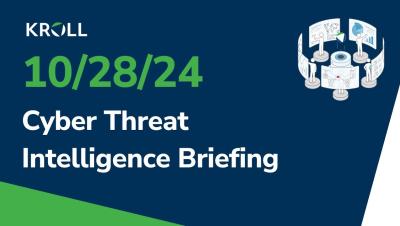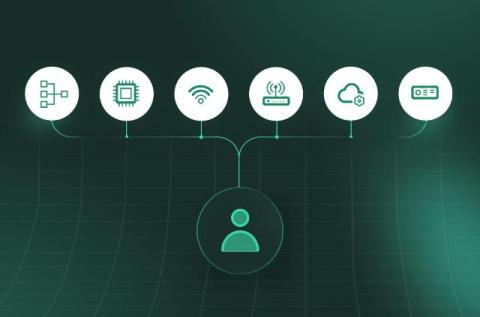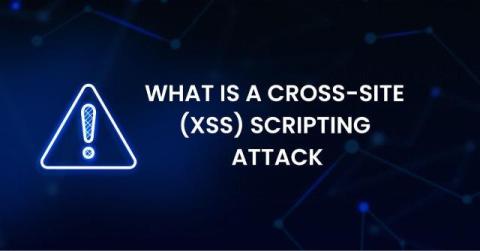The £3 Million Daily Heist
A recent report from UK Finance covered by the BBC paints a concerning picture of the evolving landscape of financial fraud. With a 16% rise in fraud cases and criminals stealing over £3 million daily, it's clear that awareness of cybersecurity threats has never been more crucial. Why Social Engineering Continues to Triumph At the heart of many of these scams is the fact that even the most robust technological defenses can be circumvented by exploiting humans.



